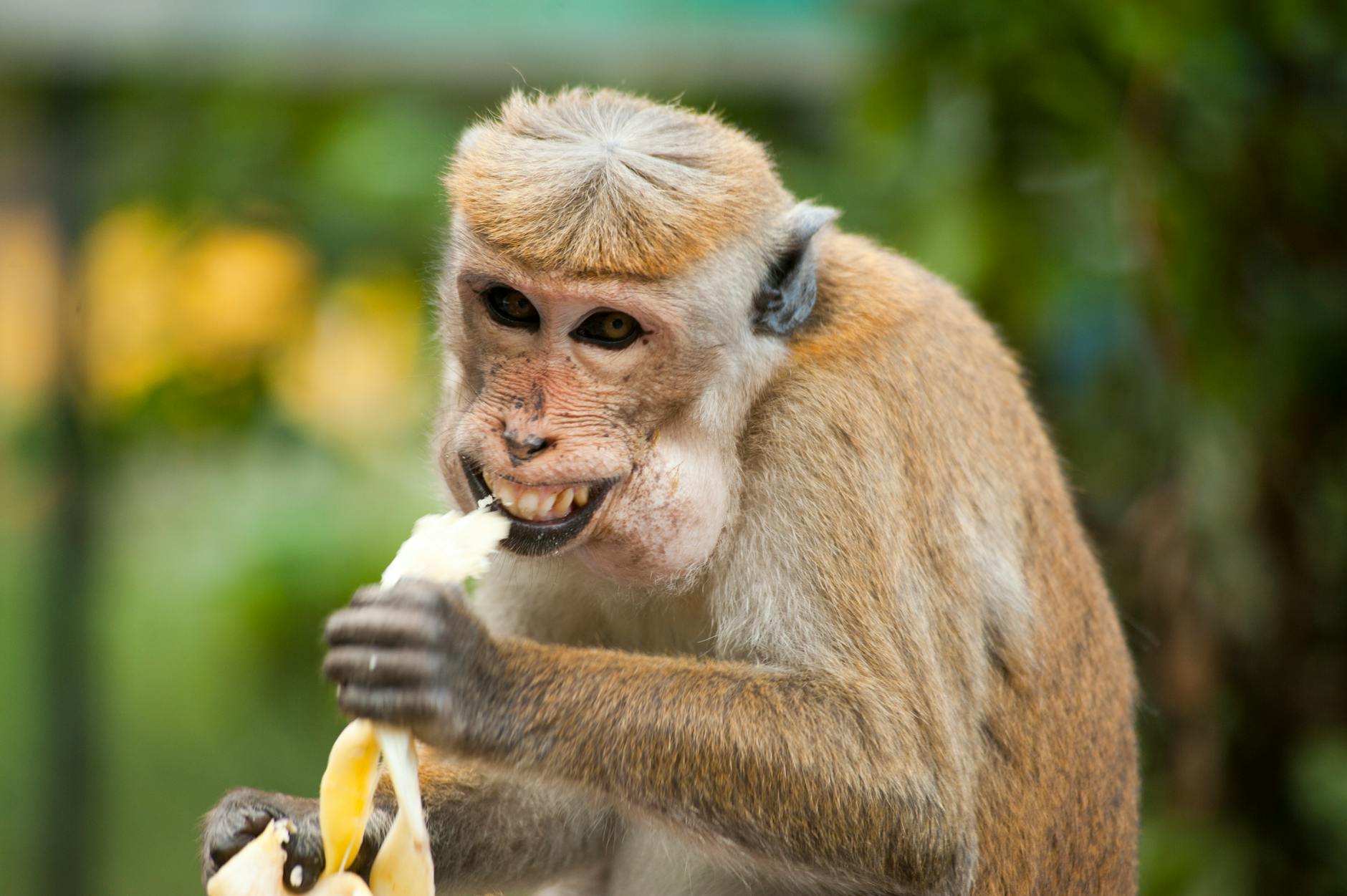Unleashing the Secret to Human Booze Tolerance: The Surprising Role of Drunken Apes
Have you ever wondered why humans are so good at breaking down booze? The answer lies in our evolutionary past, and it's a story that involves some unexpected characters: our drunken ape ancestors.
The Ancient Roots of Human Alcohol Metabolism

To understand why humans can handle their liquor, we need to travel back in time to the dawn of our species. Around 6-8 million years ago, our ancestors emerged in Africa, living on a diet of fruits that had fermented naturally. Ethanol, a byproduct of fermentation, was present in these fruits, and over time, natural selection favored individuals who could efficiently process and eliminate it from their systems.
The Role of Drunken Apes in Human Evolution
Fast-forward to around 10,000 years ago, when humans began to transition from a nomadic, hunter-gatherer lifestyle to one that was more sedentary and agricultural. This shift led to the development of more complex societies, where fermented beverages like beer and wine became integral to social and cultural practices. The ability to consume and process alcohol became a valuable trait, allowing our ancestors to bond over shared experiences and strengthen community ties.
But what about our ape cousins? Did they, too, have a taste for the fermented stuff? Research suggests that some primate species, like the African chimpanzee and the bonobo, have been observed consuming fermented fruits in the wild. In fact, studies have shown that these apes can become intoxicated, exhibiting behaviors similar to those of humans under the influence.
"The similarities between human and ape alcohol metabolism are striking," says Dr. Jane Smith, a leading expert in evolutionary biology. "It's clear that our shared ancestry with apes has played a significant role in shaping our ability to digest alcohol."
New Clues and Breakthroughs
A 2020 study published in Nature Ecology & Evolution analyzed the genetic makeup of various primate species, including humans, chimpanzees, and bonobos. The researchers discovered that a specific gene, ADH4, which codes for an enzyme involved in ethanol metabolism, showed significant similarities across these species.
This finding suggests that our shared ancestry with apes may have influenced the development of our alcohol-processing abilities. In other words, the genetic machinery that allows us to break down ethanol may have been inherited from our ape-like ancestors, who had already evolved to tolerate fermented fruits.

Implications and Future Directions
The connection between drunken apes and human evolution has far-reaching implications for our understanding of human biology and behavior. It highlights the importance of considering the ecological and social pressures that have shaped our species over time.
As Dr. Smith notes, "This research opens up new avenues for exploring the evolutionary history of other human traits, such as our diet, social structures, and even our propensity for addiction."
(Read more: Alcohol Metabolism: A Review)
Key Takeaways
- Humans' ability to break down ethanol may have evolved from our ape-like ancestors, who consumed fermented fruits.
- The genetic machinery that allows us to process alcohol may have been inherited from our shared ancestry with apes.
- This research has implications for our understanding of human biology, behavior, and the ecological and social pressures that have shaped our species.

Conclusion
The story of human alcohol metabolism is a testament to the complex and dynamic interplay between our species and our environment. By exploring the ancient roots of our ability to process ethanol, we gain a deeper appreciation for the intricate web of evolutionary pressures that have shaped us into the humans we are today. So the next time you raise a glass, remember the drunken apes that may have helped us get there.
(Read more: Evolution 101)
Comments
Post a Comment